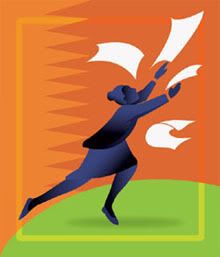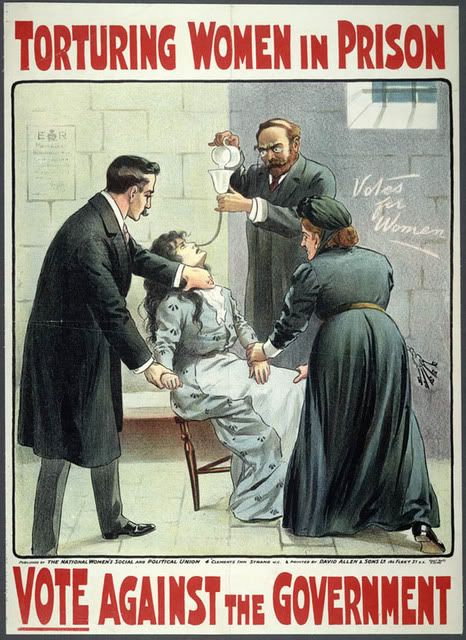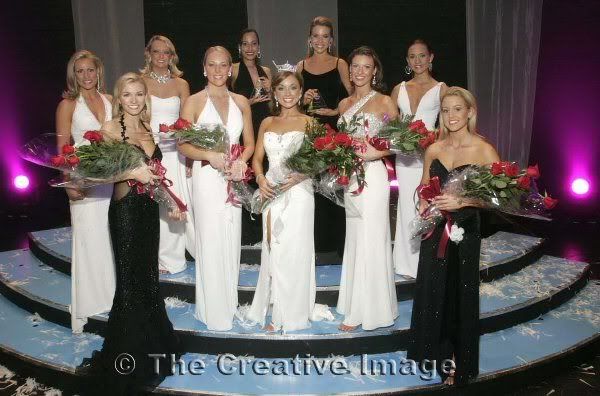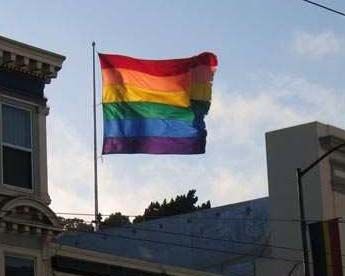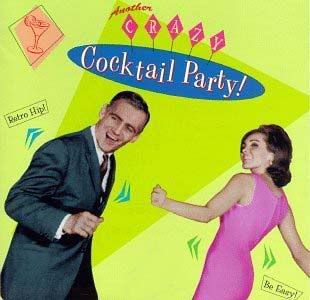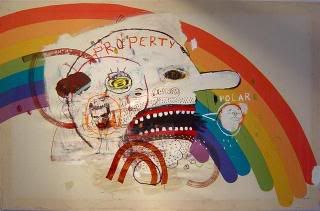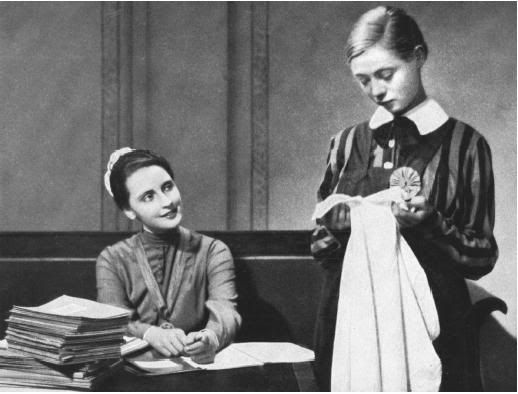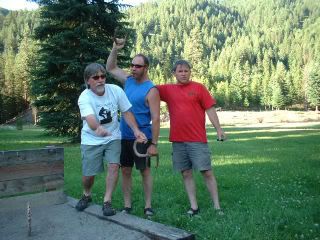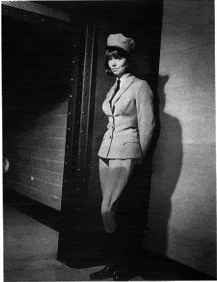
I'm home and I get to sleep in my bed next to my very own person. I swear to you I will never take it for granted again that I can roll over and see her sleeping face. She sleeps with great determination, her lips pressed tight together. Some days we sleep in to ridiculous hours. Today we slept till almost 11, for no good reason other than that we liked it. Our Christmas tree glitters in the next room. The cats have developed an obsession for plastic garland. We find it in the hallway when we get up. Sometimes it is in the groove lounge next to the kitchen. The cats always look guilty when we find them chewing it. The girl, especially, looked ashamed yet defiant, as if we have caught her masturbating. Which, since she's a cat, would be a lot more socially acceptable in our house than her inexplicable garland fetish.
It is gray and cold outside, but we have leftover apple-glazed ham from Christmas is the fridge, which means I can make extravagant egg, cheese, and ham sandwiches on english muffins in the morning. I don't usually like or eat ham, but our friend Travis had a hankering for Christmas ham, and brought a giant spiral ham to add to our 18-pound turkey on Christmas Day. We warmed it in a porcelain cooker plugged in under my desk in the study. I've never wanted to sit down at my desk as much as I did smelling that ham.
People drifted over all during the day on Christmas. These last few years we have been having gay Christmases, which is the Christmas you really want to have with all your gay friends where you sit around and eat and drink and watch something campy. One year I made everyone watch The Littlest Angel, which to me is the best blend of bizarro psychedelia, Hallmark sentimentality, and queer sensibility ever seen in a made for TV Christmas special. Think muscle-y angels in impossibly short togas doing calisthenics. Think Tony Randall as an administrator in heaven. Think Johnny Whittaker being sung to and softly caressed every now and then by Fred Gwynne.
This year I got up at 730 and made celery, onion, and mushroom stuffing with fresh herbs, then rubbed the turkey with oranges and stuffed it. I went back to sleep for an hour, then got up and made sweet potato-carrot puree with creme fraiche and two apple pies. I gave my neighbor the bag of potatos and he made them in his kitchen. Friends brought nuts, chocolate, and wine. We heated up rum punch and it made the kitchen smell like apples and allspice. The turkey reached a nutty brown color and we took it out. We threw in the pies. Damian put his green bean casserole (the kind you eat at church suppers) in the oven to warm up. Travis and I snapped the tops off the fresh green beans and cooked up a bunch in a little butter and garlic. The neighbor showed up with the potatos, and brought a homemade cheesecake. Damian made fresh cranberry sauce. Travis finished the beans and I made a lush tub of gravy from the turkey pan drippings. Someone started carving the turkey in the next room. Bottles of wine appeared and were opened with satisfying pops. GF lit the Lily Munsterish candleabra, a grandiose thing we found last year at Target, and put it in the livingroom on the coffee table. The tree glittered. The candles burned. Everyone heaped their plates with food and gravy. When no one could eat any more everyone flopped down on couches and the floor and watched Auntie Mame. Later, inexplicably, we all roared through four or five kinds of cheese, literally licking the rinds.
Yesterday GF and I had great plans to go to the gym, but instead we did a little work and GF surpised me with a spontaneous Dream Date. She took me out to a nice restaurant where I had mussels, then lamb in the most amazing reduction, which I am still thinking about. Then we went to see the movie The Queen, which was remarkably emotionally gripping. If you were wondering whether you still could cry at Diana's funeral, the answer is Yes. A lot.
Today is a late start, but we have sworn to really, really go to the gym today. I have to. I think my cholesterol must be at record levels. But first, I think I'll help myself to just a bite of leftover pie. Then I'll sit next to the Christmas tree, and look at it, and think about all the people I love who are gone, or far away. And I'll miss them, but feel only the tiniest bit guilty that I'm all alone with GF, and the cats, and the gentle crunching sound of plastic garland.

